Acupuncture Basics
Acupuncture has been around for thousands of years within the realm of Traditional Chinese Medicine (TCM). However, in recent years it has become a more common practice alongside Western Medicine. In the U.S, this largely has to do with the ongoing opioid crisis and the public's desire for a pain management treatment without side effects or the addictive nature of drugs. In fact, there are very few adverse effects associated with acupuncture. There may be minor surface-level blemishes immediately following a treatment, but long-term or major health issues are not common.
A 2021 study from the World Health Organization found that acupuncture is now the most widely used traditional medicine practice worldwide! And while scientific studies are still being done around its effectiveness for specific ailments, one thing is clear: acupuncture helps to relieve pain and relax both the mind and body.
In TCM, it is believed that energy (qi) is transported through the body on channels called meridians, with each meridian connected to a specific organ. When needles are placed at particular points along these meridians, they help direct qi and blood flow to restore balance in the body.
The needles used for acupuncture are not the same as needles used for giving vaccines or drawing blood. Instead, they are thin and flexible. While you may feel a pinch or a dull ache when inserted, you should not feel pain from the needles during treatment. The needles act a bit like a lightning rod, attracting the blood flow along the meridians to the areas of the body that need healing. More specifically, the inserted needles send blood, anti-inflammatory hormones and lymphatic fluids to your organs and tissues, reducing tension, calming the nervous system, and decreasing pain.
While there is still room for further study into acupuncture and how it treats various maladies, many studies have shown acupuncture to be a promising treatment for many ailments including allergies, fertility/ IVF support, anxiety, side effects of cancer treatments, arthritis, and can even assist with cosmetic concerns such as wrinkles and acne. To learn more, book a free consult!
